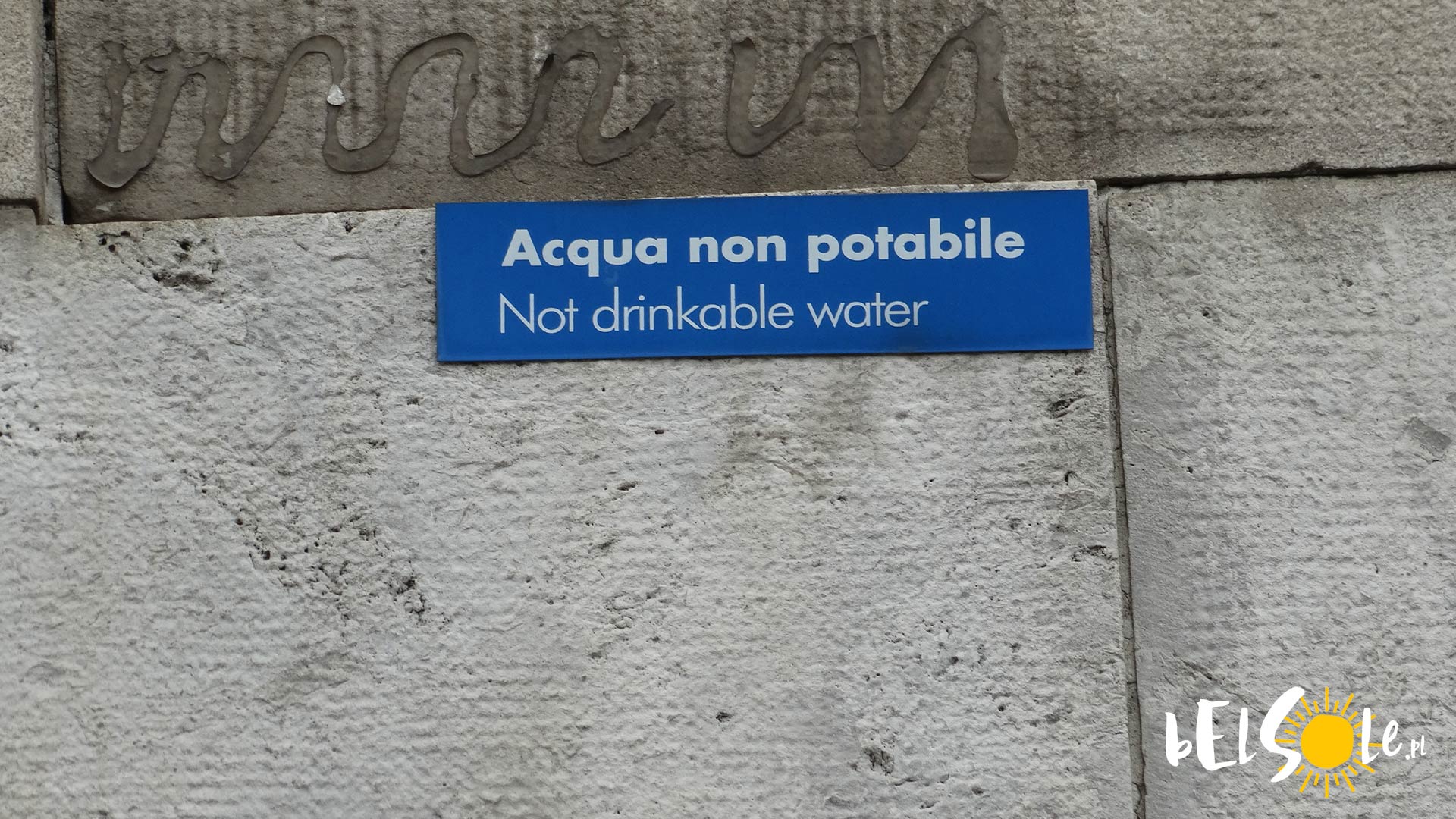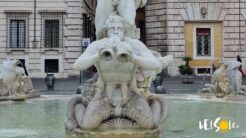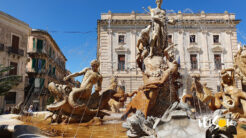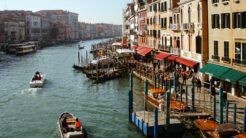Nothing spoils a holiday like stomach issues and tap water is often to blame in those cases. Sadly, the matter of drinking tap water in Italy tends to go something along the lines of ‘some rabbi say yes, some rabbi say no’. That’s why, in today’s post, we’ll go over whether you can drink tap water in Italy safely.
Tap water in Italy
A common sentiment online about this tends to be that tap water is generally safe to drink throughout the entire country of Italy. This would include Rome, Milan, Florence and Naples, as well as smaller towns and villages. The high quality of tap water in Italy is due to strict standards and regulations for drinking water quality.
Thing is, this is generally true. Tap water in Italy is generally safe, yes, and we would say that you likely don’t have to worry too much about it, but there are places where we would advise against drinking it. We met a lady in Trapani once, a local, and she told us openly that she wouldn’t dare drink tap water anywhere below the norms of Rome, certainly not in Sicily, for instance. We’ve found similar experiences among our friends and elsewhere. Still, there are also many safe places in Italy, mostly in the regions around the Alps in the north or on the border with Austria or Slovenia. Tuscany, Piedmont, Lombardy and the biggest cities tend to be safe as well.
Even there, though, we have to be mindful that on some islands or in select old buildings, the water supply system may be very outdated and, though the water coming into the building is safe, what arrives in your tap may not be the most pleasant.
This sign indicates that the water here is not potableWhen you’re in a new place and you are not sure, it’s always best to ask the locals. Some countries recommend drinking bottled water because of bacteria or viruses that may be present in the water that you are not immune to. In any place you travel to, it is always a good idea to ask locals or hotel staff about the local water. Also remember the signs on taps or fountains: acqua non potabile means that the water is not potable.
What do the official figures say about tap water in Italy?
Drinking water in Italy meets standards in terms of both quality and safety.
This applies to both tap water and water from fountains in large cities. In our opinion, however, it is worth getting a bottle with a filter, just to be on the safe side. Also, keep in mind that because the water may sometimes contain higher chlorine levels of 0.5mg/l, it may taste pretty bad.
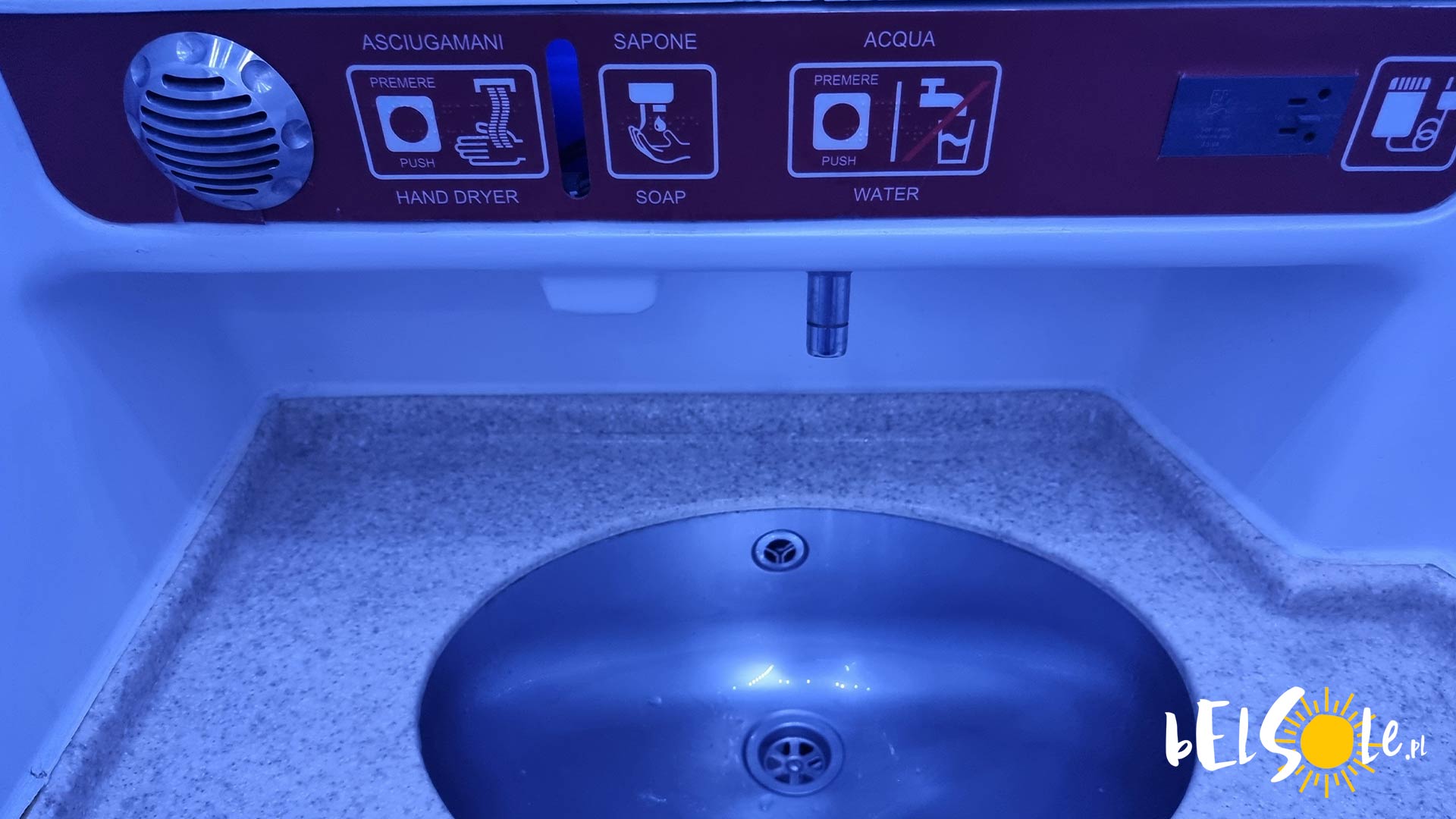
To be more specific, though, let’s look at individual examples.
Can you drink tap water in Rome?
We’d say Rome is the bookcase example of a safe place in Italy. Still, you can ask the hotel staff just to be sure or look out for whether there’s an ‘acqua non potabile’ sign anywhere in sight.
Can you drink tap water in Florence?
In Florence, tap water will also be rather safe, especially as the surrounding hills are famous for its excellent water (such as in Lucca).
Can you drink tap water in Milan?
Milan has a decently safe water supply and we would not be concerned about drinking water in Milan from the tap.
Can you drink tap water in Bari?
Despite our love for Bari, we wouldn’t drink tap water there without double-checking with the locals or with someone from your establishment. A bottle with a filter would be ideal.
Can you drink tap water in Catania?
We wouldn’t dare drink tap water in Sicily, either in a hotel or from a fountain. You may want to ask someone local whether the water is currently safe, though we recommend a bottle with a filter.
Can you drink tap water in Palermo?
As with Catania, we’d advise against drinking tap water without double-checking. Most of the time, sure, nothing will happen if you do. Still, we prefer to be on the safe side of things.
Can you drink tap water in Venice?
No worries, the tap water doesn’t come from the canals and it’s completely safe.
I drank tap water in Italy – now what?
Likely? Nothing. At least that’s what statistics and reports suggest. Still, the thing is there’s no guarantee with tap water – you either survive a week on tap water in Sicily and nothing happens or you drink a glass in an Alpine resort and you get poisoned. Sometimes it’s just bad luck, and we’d rather try to minimise its impact wherever we can, so just carry a bottle with a filter with you if you’re going to a place with a non-perfect reputation.
See also:



